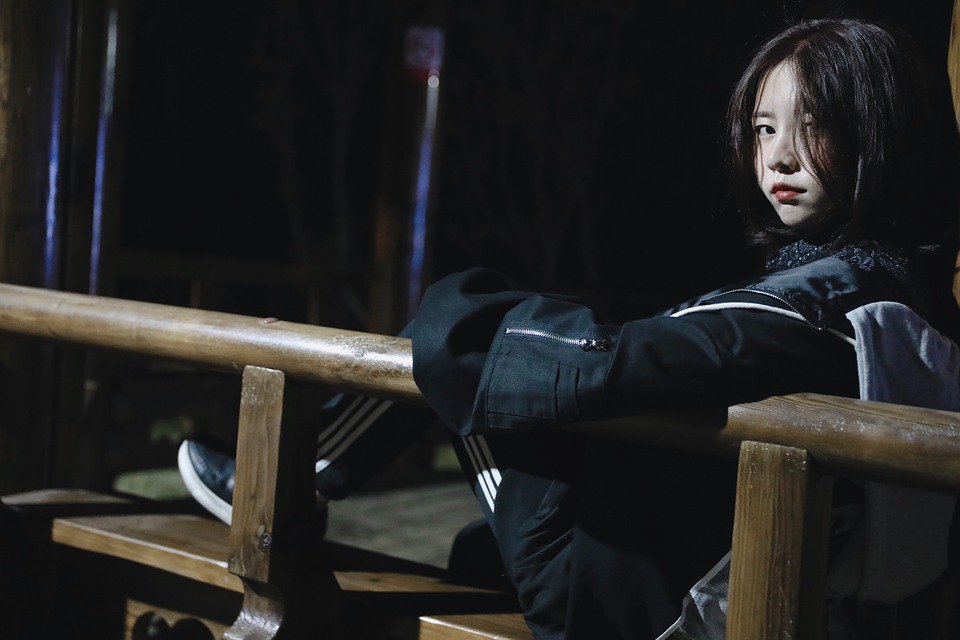
The Rise of Korean Cinema
Korean cinema has experienced a significant rise in popularity and critical acclaim in recent years, with the emergence of talented auteurs leading the way. Directors such as Bong Joon-ho, Park Chan-wook, and Lee Chang-dong have garnered international recognition for their innovative and bold storytelling techniques, captivating visuals, and unique perspectives on various social and political issues.
Bong Joon-ho: Master of Genre-bending Films
One of the most prominent Korean auteurs making waves in contemporary filmmaking is Bong Joon-ho. Known for his genre-bending films that blend elements of thriller, comedy, drama, and social commentary, Bong has established himself as a versatile filmmaker capable of tackling a wide range of subjects with depth and nuance.
Bong gained widespread acclaim with his breakout film “Memories of Murder,” a gripping crime thriller that explores the incompetence and corruption within the South Korean police force. The film’s dark and atmospheric tone, masterful direction, and compelling performances solidified Bong’s reputation as a filmmaker to watch.
Bong further cemented his status as a visionary director with films like “The Host,” a creature feature that blends elements of horror, comedy, and drama to create a truly unique viewing experience, and “Snowpiercer,” a dystopian sci-fi thriller that offers a scathing critique of class inequality and environmental destruction.
Most recently, Bong made history by winning the prestigious Palme d’Or at the Cannes Film Festival for his film “Parasite,” a darkly comedic thriller that explores the dynamics of class struggle in modern South Korea. The film’s sharp social commentary, rich character development, and unexpected plot twists have earned Bong widespread acclaim and solidified his reputation as a master storyteller.
Park Chan-wook: Master of Visual Storytelling
Another Korean auteur who has made a significant impact on contemporary filmmaking is Park Chan-wook. Known for his visually stunning films that combine elements of psychological thriller, gothic horror, and dark comedy, Park is celebrated for his meticulous attention to detail, vivid color palette, and striking composition.
Park first gained international recognition with his Vengeance Trilogy, comprised of “Sympathy for Mr. Vengeance,” “Oldboy,” and “Lady Vengeance.” These visceral and emotionally charged films explore themes of revenge, redemption, and moral ambiguity, cementing Park’s reputation as a master of visual storytelling.
Park continued to push the boundaries of cinematic expression with films like “Thirst,” a supernatural romance that delves into the complexities of desire and morality, and “The Handmaiden,” a dazzling period drama that subverts audience expectations and challenges traditional gender roles.
Park’s innovative approach to storytelling, attention to detail, and bold visual style have made him a revered figure in the world of cinema, influencing a new generation of filmmakers and setting new standards for visual storytelling.
Lee Chang-dong: Master of Quiet Intensity
Lee Chang-dong is another Korean auteur whose films have left a lasting impact on contemporary filmmaking. Known for his subtle and contemplative storytelling, Lee explores themes of loneliness, alienation, and existentialism with a quiet intensity that resonates with audiences on a deep emotional level.
Lee first gained recognition with films like “Peppermint Candy” and “Oasis,” which tackle complex social issues such as mental illness, disability, and societal prejudice with a raw and unflinching honesty. Lee’s ability to elicit powerful performances from his actors and create a sense of emotional depth and vulnerability sets him apart as a master of character-driven storytelling.
Lee further solidified his reputation as a visionary filmmaker with films like “Secret Sunshine,” a devastating drama that explores the depths of grief and despair, and “Burning,” a haunting mystery thriller that delves into the complexities of human relationships and the nature of truth and perception.
Lee’s understated and empathetic approach to storytelling, coupled with his keen insight into the human condition, has earned him critical acclaim and a dedicated following of fans who appreciate the depth and nuance of his work.
In conclusion, Korean auteurs have had a profound influence on contemporary filmmaking, with directors like Bong Joon-ho, Park Chan-wook, and Lee Chang-dong pushing the boundaries of storytelling, visual style, and thematic depth. Their innovative and bold approach to filmmaking has captivated audiences around the world and inspired a new generation of filmmakers to push the boundaries of cinematic expression. As Korean cinema continues to gain recognition and acclaim on the international stage, the influence of these auteurs is sure to endure, shaping the future of filmmaking for years to come.